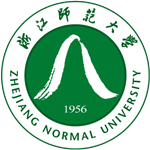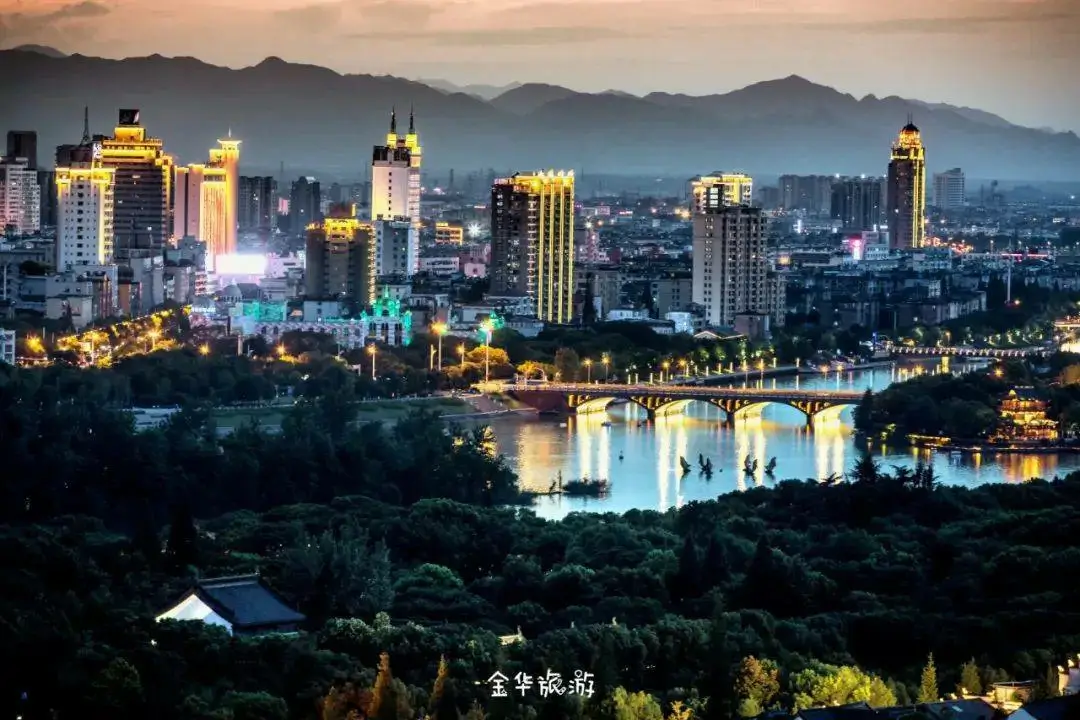School Badge

About Zhejiang Normal University
Zhejiang Normal University is a comprehensive provincial key university featuring teacher education, formerly known as Hangzhou Normal College, which was approved by the Ministry of Education on April 16, 1956 and upgraded to Hangzhou Normal College in 1958. 1962, Hangzhou Normal College merged with Zhejiang Education College and Zhejiang Sports College and was renamed Zhejiang Normal College. 1965, Zhejiang Normal College was relocated from Hangzhou to Jinhua and renamed Zhejiang Normal University in 1985. In 2000, 2001 and 2004, Zhejiang Finance School, Zhejiang Early Childhood Teacher Training School and Jinhua Railway Driver School were merged into the university. 2015, the university was selected as one of the first batch of key universities in Zhejiang Province, and in 2020, it was awarded the second “National Civilized Campus”. The university has 4 campuses, including Jinhua Campus (the main campus), Hangzhou Xiaoshan Campus, Hangzhou West Lake Campus and Lanxi Campus, and 20 colleges (including independent colleges).Zhejiang Normal University adheres to the direction of running a socialist school with Chinese characteristics and the fundamental task of establishing moral education, with the main line of “enhancing quality, enhancing characteristics and enhancing efficiency”, adhering to the spirit of “sharpening learning, sharpening action, maintaining reality and maintaining newness”, and promoting the spirit of “pragmatic, realistic, solid and practical”. The university is committed to the spirit of “sharpening learning, sharpening practice, and sustaining practicality, realism, and solidity”, implementing the development strategy of “characterization, internationalization, regionalization, and synergy”, and actively serving teacher education in Zhejiang, regional economic and social development, and national strategic initiatives. The university is striving to build a distinctive, harmonious, beautiful, vibrant and happy university, and is moving towards the goal of building a first-class university with distinctive characteristics.
Since the establishment of the university, more than 300,000 outstanding talents have been sent to the society at all levels, of which 210,000 are working in the education system, and nearly half of the special grade teachers in Zhejiang Province and principals of provincial key secondary schools graduated from the university. The university’s undergraduate teaching performance assessment and the overall satisfaction of graduates with their alma mater rank among the top undergraduate institutions in Zhejiang Province, and the overall employment rate of graduates has been maintained at over 95%. There are more than 28,000 full-time undergraduate students (including independent colleges), nearly 8,000 postgraduate students (including 1,143 part-time postgraduate students), more than 3,000 international students and more than 12,000 students in various types of adult higher education.
There are 70 undergraduate majors, including 34 national first-class majors and 13 provincial first-class majors, 11 first-class discipline doctoral programs, 1 professional doctoral degree, 30 first-class discipline master’s programs, 16 professional master’s degree programs, 7 post-doctoral stations, and 2 national “111 Program The university has also established two national “111 Plan” discipline innovation bases. Six disciplines of mathematics, chemistry, engineering, materials science, environment/ecology and computer science are in the top 1% of the global ESI, and 20 disciplines are listed as top disciplines in Zhejiang Province. There are 28 national courses and 4 national experimental teaching demonstration centres.
The faculty structure is reasonable, with one academician of the Chinese Academy of Sciences, five academicians of the shared Chinese Academy of Sciences, one academician of the Chinese Academy of Engineering, three Cheung Kong Scholars Distinguished Professors, two Young Cheung Kong Scholars, seven overseas high-level talents, five talents of the National Ten Thousand Talents Plan, six talents of the National New Century Hundred Million Talents Project, two experts with outstanding contributions, one recipient of the National Outstanding Youth Science Foundation, one recipient of the National Outstanding Youth There are 23 people enjoying special allowances from the State Council.
The capacity of scientific research and social services has been steadily improved, and the university has been awarded the Second Prize of National Science and Technology Progress, 34 Outstanding Scientific Research Achievement Awards (Humanities and Social Sciences) of the Ministry of Education, 8 Outstanding Achievement Awards of National Textbook Planning, 20 major bidding projects of the National Social Science Foundation, 36 key projects of the National Social Science Foundation, 6 key projects of the National Natural Science Foundation, 1 major research project of the National Natural Science Foundation There are also 1 National Key Research and Development Program project and 2 National Key Research and Development Program projects. There are 36 scientific research and innovation platforms above the provincial level, including 1 key laboratory of the Ministry of Education and 1 provincial collaborative innovation centre, 9 provincial key (engineering) laboratories, 3 provincial international science and technology cooperation bases, 3 provincial “2011” collaborative innovation centres, 2 provincial philosophical and social key research bases, 2 provincial new key professional think tanks and 1 provincial new university think tank. 1 new provincial university think tank. The university has built 48 affiliated schools. Based in central Zhejiang, the university has deepened its strategic cooperation with Jinhua and actively contributed to the construction of a strong province of reform, innovation, openness and talent.







